Epilepsy drug prevents brain tumors in mice with NF1 (Links to an external site)



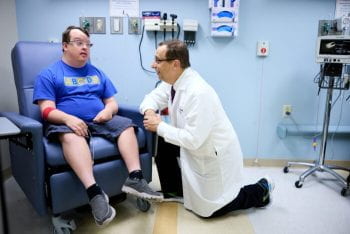
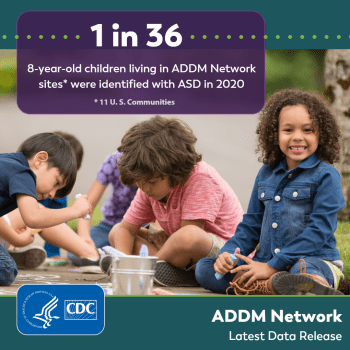
New imaging technique reveals circulation patterns in developing brain


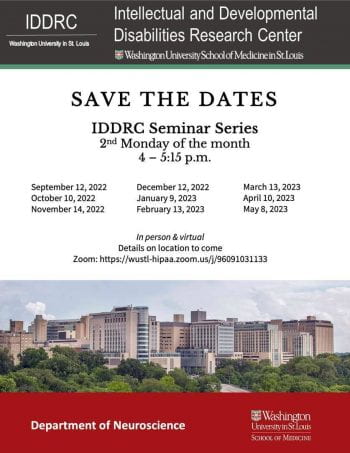
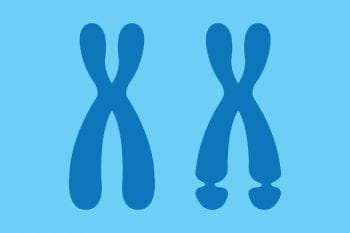


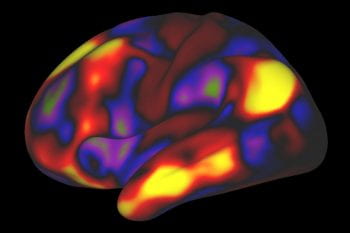
Multicenter team aims to understand how, why brain changes with age
Undiagnosed Diseases Network seeks to explain mysterious medical conditions
A family finds answers through the Undiagnosed Diseases Network

NIH and Bill & Melinda Gates Foundation fund more than $6.8 million toward effort
Washington University is national data coordinating site for child development study
Complements efforts of Taylor Family Institute to develop treatments for psychiatric illness
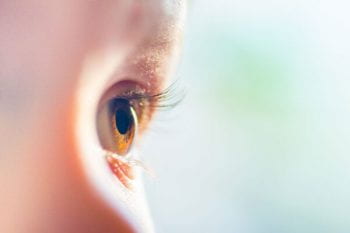

People with intellectual disabilities and developmental disorders are three times more likely to die of Covid-19, compared with patients without the conditions, a new analysis found.
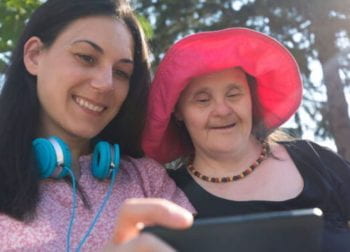
Researchers from Washington University School of Medicine are taking part in a multisite study to investigate the biomarkers of Alzheimer’s disease in people with Down syndrome.

A virtual lecture from her will be available on 10/30: How Early Childhood Experiences Shape Brain Development and Influence Mental and Physical Health Trajectories
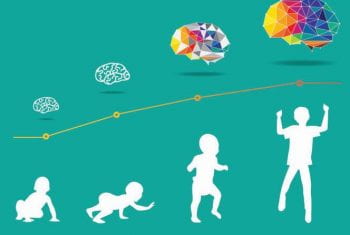

Dr. Amy Viehoever
In great need of in-person supports, developmentally disabled are overlooked in pandemic-related decisions, experts say

Research about the “female protective effect” in autism
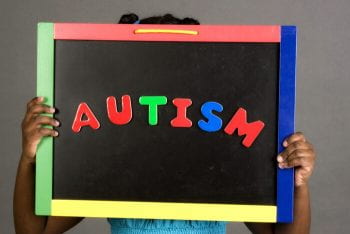
Disparities include delays in timing of diagnosis, access to services, and double the rate of comorbidities.
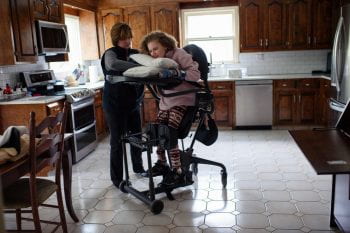
Families with rare diseases face unique challenges in overcoming obstacles to treatment and care.

Experts give recommendations for more robust inclusion of the impact of racial health disparities on disease mechanisms.
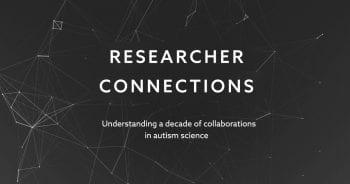
Research collaborations accelerate the pace of advancements in autism research. Spectrum news explores the contributions of collaborations in autism research over the past decade.

Brothers and sisters of people with autism are both about two to three times more likely than the general population to have an autistic child themselves, according to a new study